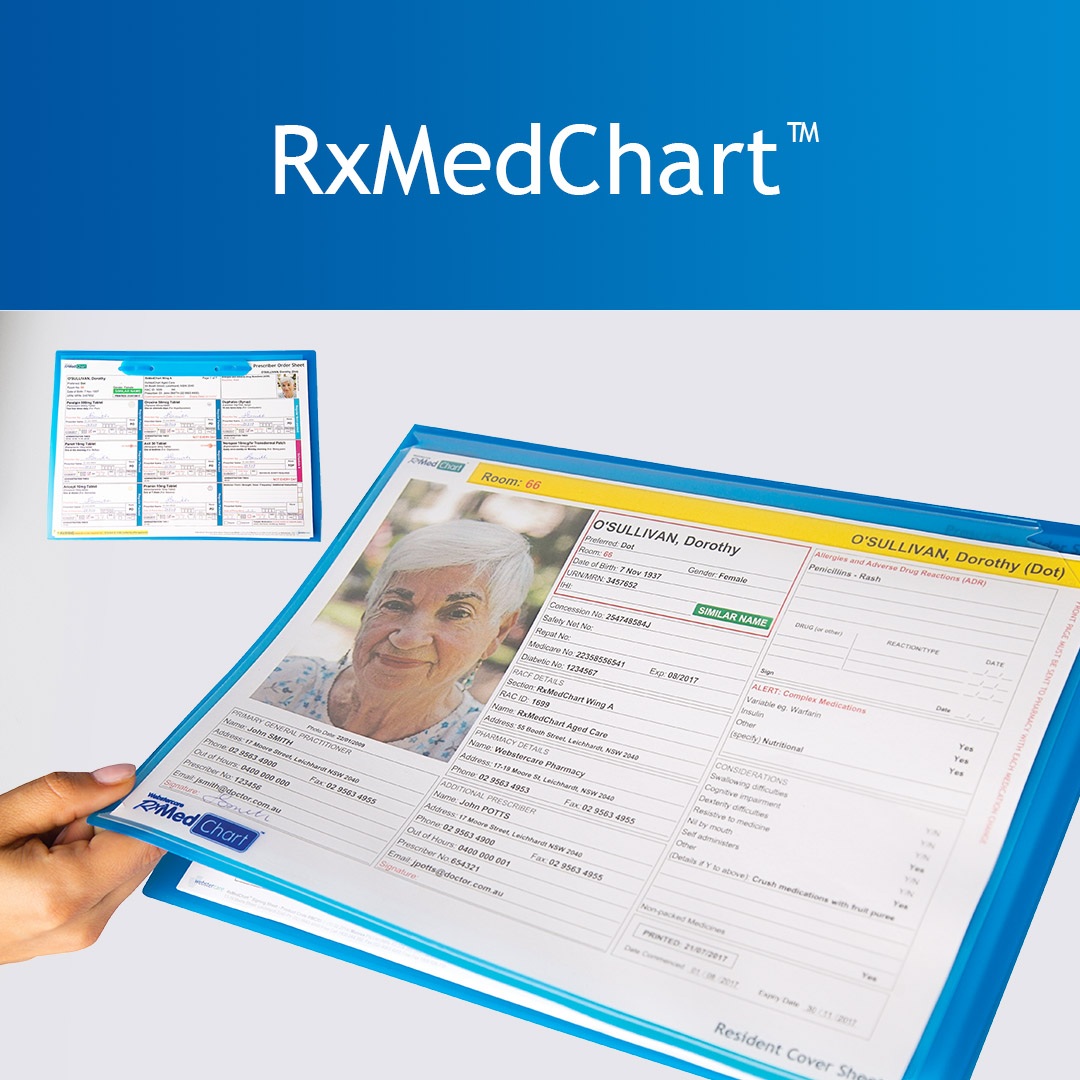Medication Administration In Aged Care Facilities
By crushingsplitting tablets or opening capsules to facilitate the administration process. Compliant residential medication chart prescriptions permit both the prescribing and dispensing of Pharmaceutical Benefits Scheme PBS medications and non-PBS medications with some exceptions.
These aids may be packed with a single drug per pack unit dose or with a number of drugs due to be simultaneously administered to the resident multi dose.
Medication administration in aged care facilities
. The Guiding Principles are published by the Australian Government and are based on evidence and. In aged care residential facilities receiving high-level residential care residents may be prescribed scheduled medicines that need to be stored recorded and managed for administration as per legal requirements. Ethics approval was granted to collect medication data on residents at two aged care facilities byboth the University of South Australias Human Ethics Committee approval number 0000031911 and the institutional.One of the four central objectives of the policy is the Quality Use of Medicines. Most people in residential aged care facilities RACFs need to take medicines and many take a number of different medicines for different health conditions. Drugs can be supplied to residents of aged-care facilities in original packs dispensed by a pharmacist and labelled with instructions for administration or supplied in dose administration aids.
Medication chart in a residential aged-care facility serves as a communication tool between doctors nurses pharmacists other health professionals and hospitals regarding a residents medicines. The Guiding Principles for Medication Management in Residential Aged Care Facilities promote the safe quality use of medicines and medication management in your aged care home. Prescription or order and the pharmacists subsequent review and approval of this transmission.
15 to 32 of the medicines should not have been altered. Administering medicines to older people with swallowing difficulties is a challenging task. The NRMC was developed by the Australian Commission on Safety and Quality inHealth Care.
The prescription must relate to a patient receiving treatment in or at a residential care service at which the patient is receiving residential care under the Aged Care Act 1997. 2 Medicines Care Guides for Residential Aged Care Medicines Management A comprehensive medicines management system is required in residential aged care facilities to manage the safe and appropriate prescribing dispensing supply administration review storage disposal and reconciliation of medicines. Up to one-third of people living in aged care facilities have their medicines altered.
The Guiding Principles for Medication Management in Residential Aged Care Facilities builds on previous editions of guidelines developed under Australias National Medicines Policy1 The policy aims to meet Australias medication and related service needs to achieve optimal health outcomes and economic objectives. Medication use by all residents in two aged care facilities and to identify any issues with the administration of medications. RACFs must support and often manage each residents medicines needs while ensuring safe medication management for all residents including those moving between the.
Medication dispensing and administration involve providing a supply of medication to an individual for whom it is ordered giving the prescribed dosage to the patient and documenting the medication administration2 Upstream vs. To identify nurses experiences of administering oral medications to residents of aged care facilities ACFs with swallowing difficulties. Most have three problems.
They are based on evidence and advice from experts providers and users of medicines in health and aged care services. Understanding the time associated with each administration step may help identify opportunities to optimize medication management in RACFs. While dose administration aids have become common place in aged-care facilities not all prescribed drugs.
This study aimed to investigate the time taken to administer medications to residents including those with complex care needs such as. Medication management is one of the fundamental collaborative processes in residential aged care facilities RACFs which require RACF staff general practitioners GPs and community pharma- cists to coordinate their activities 13. For medication management this includes prescribing or- dering delivering administering and monitoring.
Guiding principles for medication management in residential aged care facilities - A guide for residents and carers. These guidelines inform providers consumers and families medical practitioners pharmacists and allied health professionals of the expectations of registered nurses enrolled nurses and assistants in nursing however titled in quality use of medicines. Medication administration is a complex and time-consuming task in residential aged care facilities RACFs.
Guiding principles for medication management in residential aged care facilities. The Nursing Guidelines provide support and direction for registered and enrolled nurses1 in the administration of medicines in aged care2. A systematic review protocol JBI Database System Rev Implement Rep.
Nurses frequently modify oral medications eg. 2010 Legislative changes On 1 July 2010 the Health Practitioner Regulation National Law was implemented. Administration errors Over 95 of people living in aged care facilities have at least one problem with their medicines detected at the time of a medicines review.
Nurses experiences of medication administration to people with swallowing difficulties in aged care facilities. This system must comply with legislation regulations. These guiding principles promote the safe quality use of medicines and medication management in your aged care home.
It is used to direct how and when drugs are to be administered and as a record of their administration. The National Residential Medication Chart NRMC is intended to be used as a record of orders and administration of prescription medicines non-prescription medicines and nutritional supplements for residents living in approved residential aged care facilities RACFs.
Https Agedcare Royalcommission Gov Au System Files 2020 06 Anc 0001 0004 0291 Pdf

Webstercare S Rxmedchart Medication Charts For Aged Care
Https Agedcare Royalcommission Gov Au System Files 2020 06 Anc 0001 0004 0291 Pdf
Https Agedcare Royalcommission Gov Au System Files 2020 06 Anc 0001 0004 0291 Pdf





Post a Comment for "Medication Administration In Aged Care Facilities"